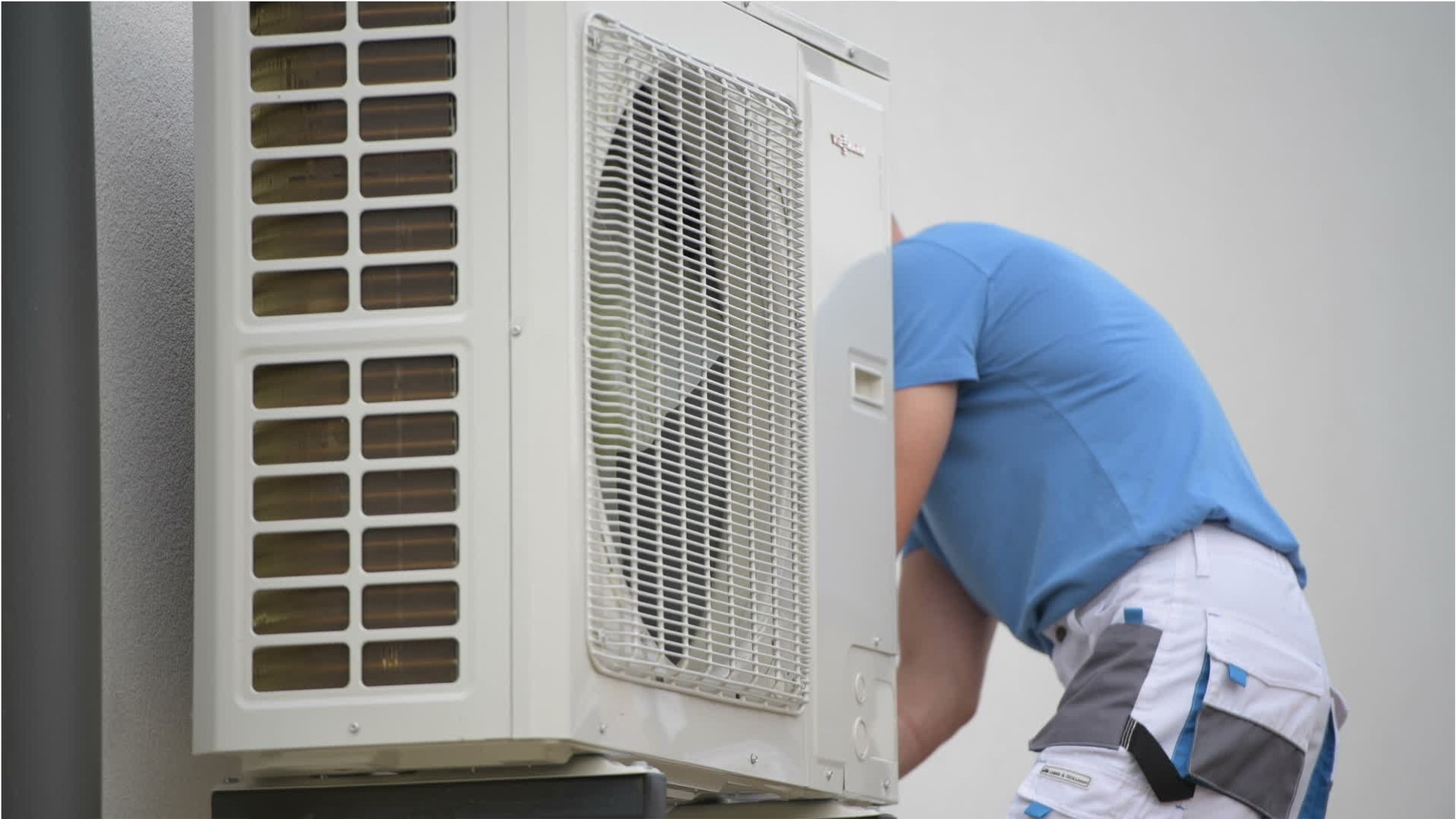When it comes to creating a comfortable living environment, the importance of efficient air conditioning and heating services cannot be overstated. Whether you are sweltering under the summer sun or shivering during the winter months, having the right HVAC system in place can make all the difference in your overall comfort and well-being. In today’s fast-paced world, understanding how to manage your heating and cooling needs effectively is essential for every homeowner and business.
Navigating the world of air conditioning and heating services may seem daunting, but with the right guidance, it can be a straightforward process. From selecting the ideal system for your space to ensuring it operates efficiently throughout the year, this guide aims to demystify your options and provide you with the knowledge needed to make informed decisions about your climate control solutions. Whether you are considering a new installation, routine maintenance, or emergency repairs, this comprehensive resource is designed to equip you with all the information you need to enjoy a perfectly controlled environment year-round.

Types of Air Conditioning Systems
When it comes to air conditioning systems, homeowners have several options to choose from. The most common type is the central air conditioning system, which uses a network of ducts to deliver cool air throughout the home. This system is ideal for larger spaces, providing consistent temperature control and enhanced comfort in multiple rooms. Central air conditioning is often paired with a heating system, providing year-round climate control.
Another popular option is the split air conditioning system, which consists of an indoor unit and an outdoor compressor. This type is versatile and can be easily installed in homes without existing ductwork. Split systems are known for their energy efficiency and quiet operation, making them suitable for both residential and commercial settings. They also allow for personalized temperature control in individual rooms, offering flexibility for families with different comfort preferences.
For those looking for a more portable solution, window and portable air conditioners are available. Window units are installed in a window frame and are effective for cooling single rooms, while portable units can be moved from room to room as needed. These systems are an excellent choice for renters or those who may not want a permanent installation. Overall, choosing the right system depends on the specific needs of your space, along with budget considerations.
Choosing the Right Heating Solution
Selecting the appropriate heating solution for your home is crucial for comfort and energy efficiency. Begin by assessing your space and understanding your heating needs. Consider factors such as the size of your home, the layout of rooms, insulation levels, and local climate. For larger homes, central heating systems may be the best choice, while smaller spaces might benefit from portable or wall-mounted heaters.
Next, explore the various types of heating systems available. Traditional furnaces, heat pumps, and electric heaters offer different advantages and drawbacks. For instance, heat pumps are energy efficient and can also provide cooling in summer, making them versatile. On the other hand, gas or electric furnaces can deliver rapid heat, which is advantageous in colder months. Weigh the benefits of each system based on your specific requirements and budget.
Finally, consider the long-term maintenance and operating costs associated with each heating option. While an upfront investment is important, understanding the ongoing expenses for energy and repairs can influence your decision. Consult with heating professionals to help analyze your needs and provide recommendations tailored to your situation. Making an informed choice ensures a comfortable living environment through effective heating solutions.
Maintenance Tips for Optimal Performance
Regular maintenance is essential for ensuring your air conditioning and heating systems operate at peak efficiency. Start by changing or cleaning your air filters every one to three months, depending on usage. Clogged filters can reduce airflow and increase energy consumption, leading to higher utility bills. Additionally, inspect the filters for dirt and debris, as this can harm your system over time. Keeping your filters clean not only extends the lifespan of your unit but also improves indoor air quality.
Next, take the time to clean the external components of your air conditioning unit. Remove any leaves, dirt, or debris that has accumulated around the outdoor condenser unit. This helps maintain adequate airflow and boosts efficiency. For heating systems, ensure that vents and registers are unobstructed by furniture or other items. This simple step allows for optimal heat distribution throughout your home, ensuring comfort during colder months.
Finally, scheduling regular professional maintenance checks can prevent minor issues from becoming major problems. A qualified technician can inspect, clean, and tune up your systems, ensuring they run smoothly and efficiently. They can identify potential issues before they escalate, saving you money on repairs and extending the life of your equipment. Investing in routine professional service is a key step in keeping your air conditioning and heating services in top shape.
